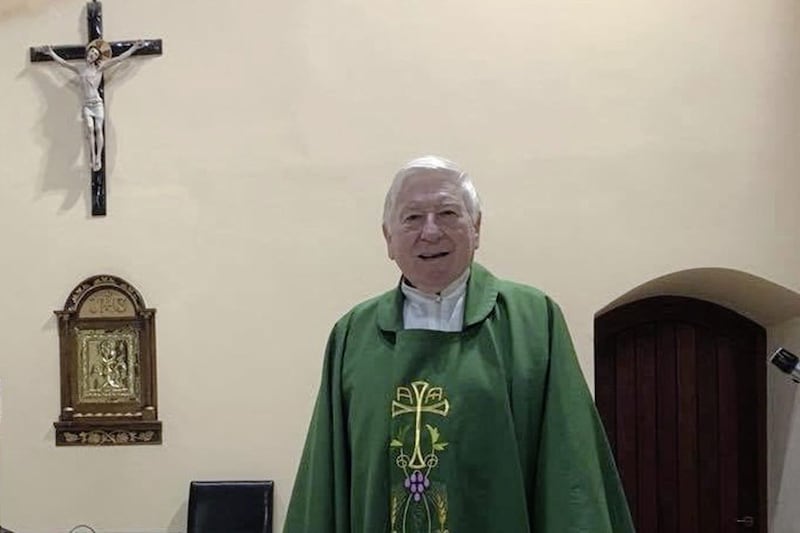Although we have been surrounded by considerable political upheaval for almost two years, nothing that has happened during this period can be remotely compared to the horrific events of a quarter of a century ago.
In October, 1993, republicans and loyalists engaged in an escalating campaign of slaughter which ultimately resulted in the atrocities on the Shankill Road in Belfast, the village of Greysteel in Co Derry and a range of other locations.
Poignant and dignified ceremonies to remember the dead have been taking place over the last month, with relatives gathering in Greysteel for a Mass and vigil last night.
The sense of dread which spread across the entire community 25 years ago was overwhelming, with justifiable fears that one appalling murder would follow another on an almost indefinite basis.
It is worth recalling the role of John Hume during one of our darkest hours and the enduring contribution he and other key figures from both traditions made to the wider search for peace and reconciliation.
The then SDLP leader attended the Greysteel funerals while facing intense and highly personalised pressure over his decision to engage in prolonged political talks with his Sinn Féin counterpart Gerry Adams.
While walking in the cortege, a relative of one of the victims approached Mr Hume and urged him to maintain his dialogue so that other innocent families would not have face similar anguish.
He broke down in tears, and had to be comforted by mourners, before resolving that, regardless of the denunciations he faced elsewhere, the engagement with Mr Adams would not be abandoned.
The negotiations intensified and, less than a year later, firstly the IRA and then the main loyalist groups announced the ceasefires which transformed our prospects.
Many twists and turns followed along the way, but the determination by ordinary people on each side of the divide to ensure that non-violent solutions would be found could not be shaken.
While the continuing impasse at Stormont is deeply frustrating, the democratic structures which offer a realistic prospect of progress remain firmly in place.
Mr Hume has long since retired from public life and experienced serious illness, particularly in recent months, so it is important that his role is fully acknowledged during this period of grim anniversaries.
When the U2 singer Bono paid an emotional tribute to Mr Hume during his Belfast concerts at the weekend, it was entirely appropriate that he concluded; `Blessed are the peace-makers.’







